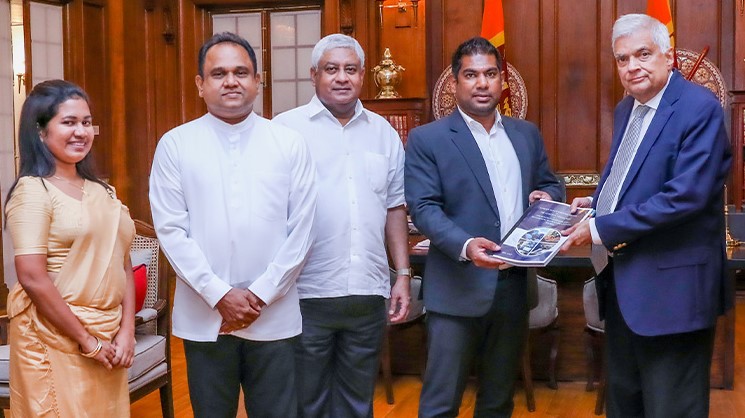A ministerial sub-committee’s report on the ‘Effective RAMIS System Utilization’ has recommended using the national identity card (NIC) to identify individuals for tax collection purposes. The report, which aims to enhance the Revenue Administration Management Information System (RAMIS), was presented to President Ranil Wickremesinghe by the committee chaired by Minister of Power and Energy Kanchana Wijesekera.
Among the seven key recommendations, the report suggests using the NIC exclusively for tax identification, developing a user-friendly tax portal, and integrating RAMIS with a Connected Government Framework.
The key recommendations of the report are as follows:
- Initiate the Expression of Interest (EOI) process to identify suitable partner(s) for managing the application and infrastructure of RAMIS.
- Prepare and implement a comprehensive takeover plan before the current maintenance contract with Singapore Corporation Enterprises (SCE) expires.
- Prioritize clearing the system backlog from the assessment year 2019/2020 onwards and report monthly progress to the Council of Ministers on a quarterly basis, following the introduction of Inland Revenue Act No. 24 of 2017.
- Use the National Identity Card (or a future alternative) exclusively for identifying individuals for tax collection purposes.
- Integrate RAMIS with a Connected Government Framework linking various government institutions.
- Simplify the tax revenue collection process by developing a user-friendly portal with enhanced user experience (UX) improvements and streamlined online communication.
- Prioritize amending laws and regulations to implement the tax policy changes recommended in this report.
RAMIS was introduced to the Inland Revenue Department (IRD) during Sri Lanka’s 16th International Monetary Fund (IMF) programme in 2016. However, IRD trade unions protested the system, claiming it malfunctioned despite significant financial investment. Finance Ministry officials argue that IRD employees resisted RAMIS to maintain direct interactions with taxpayers, potentially facilitating bribes for tax defaults or underpayments.
